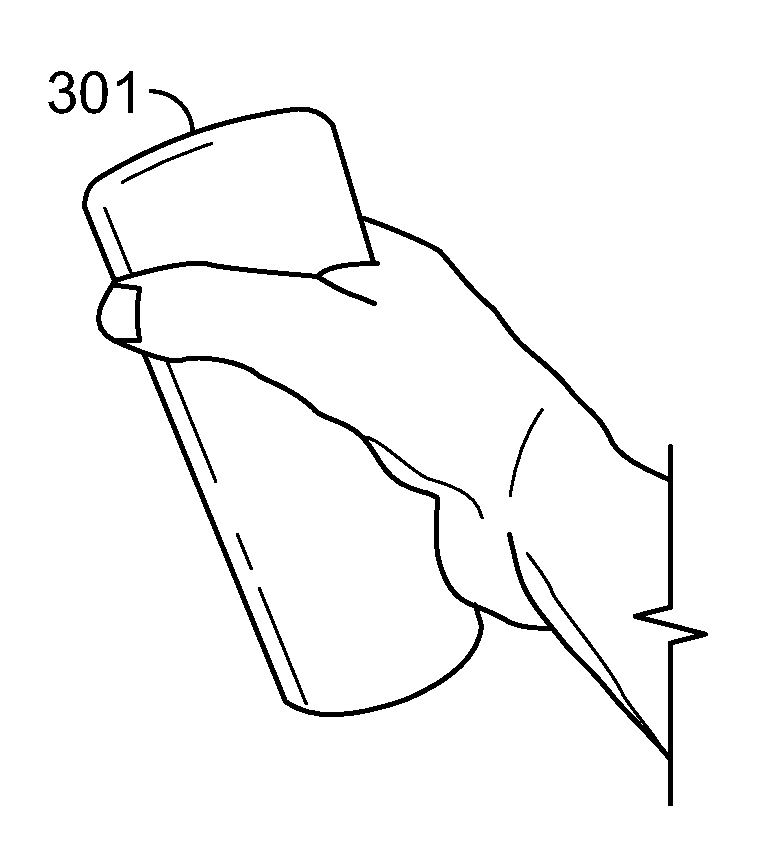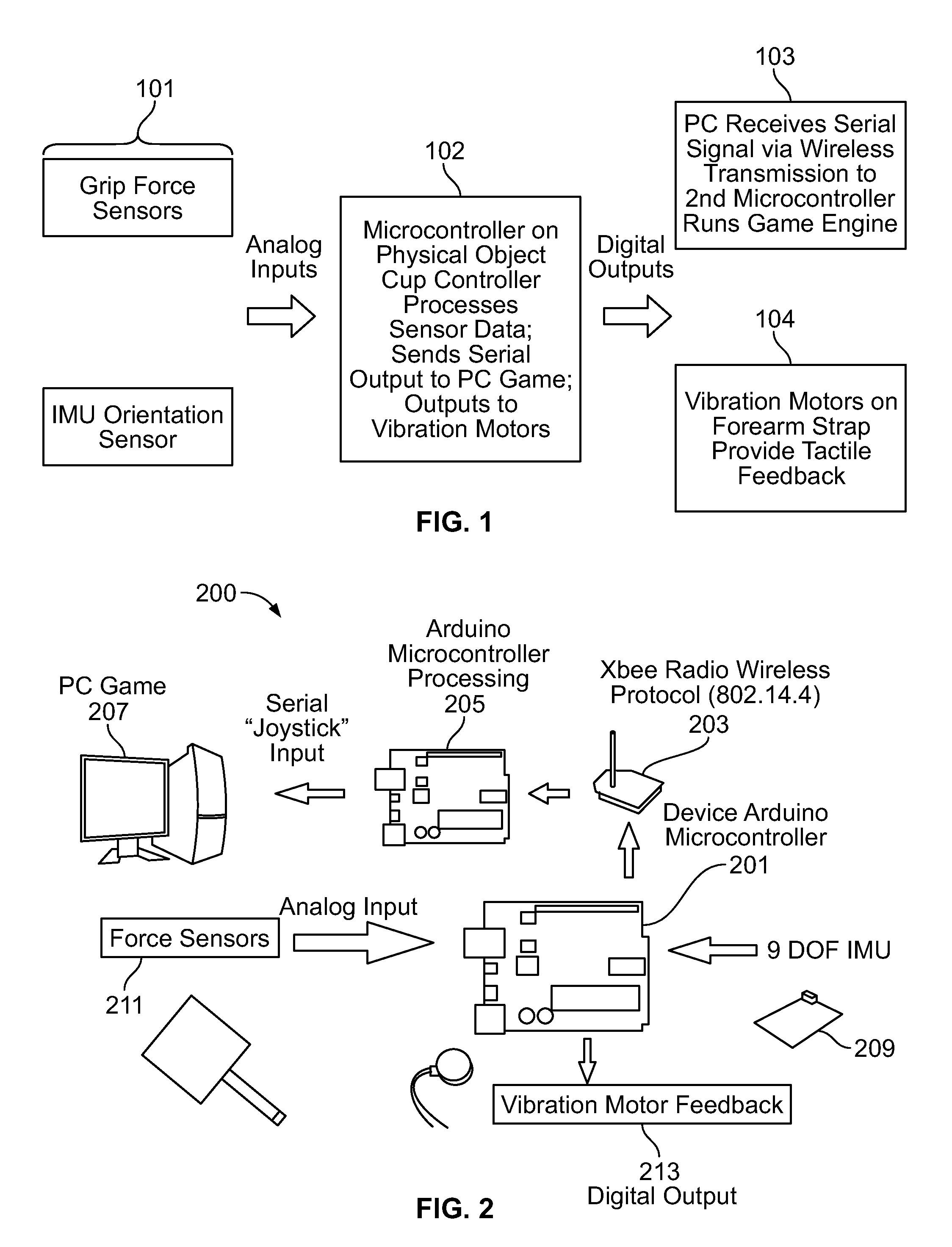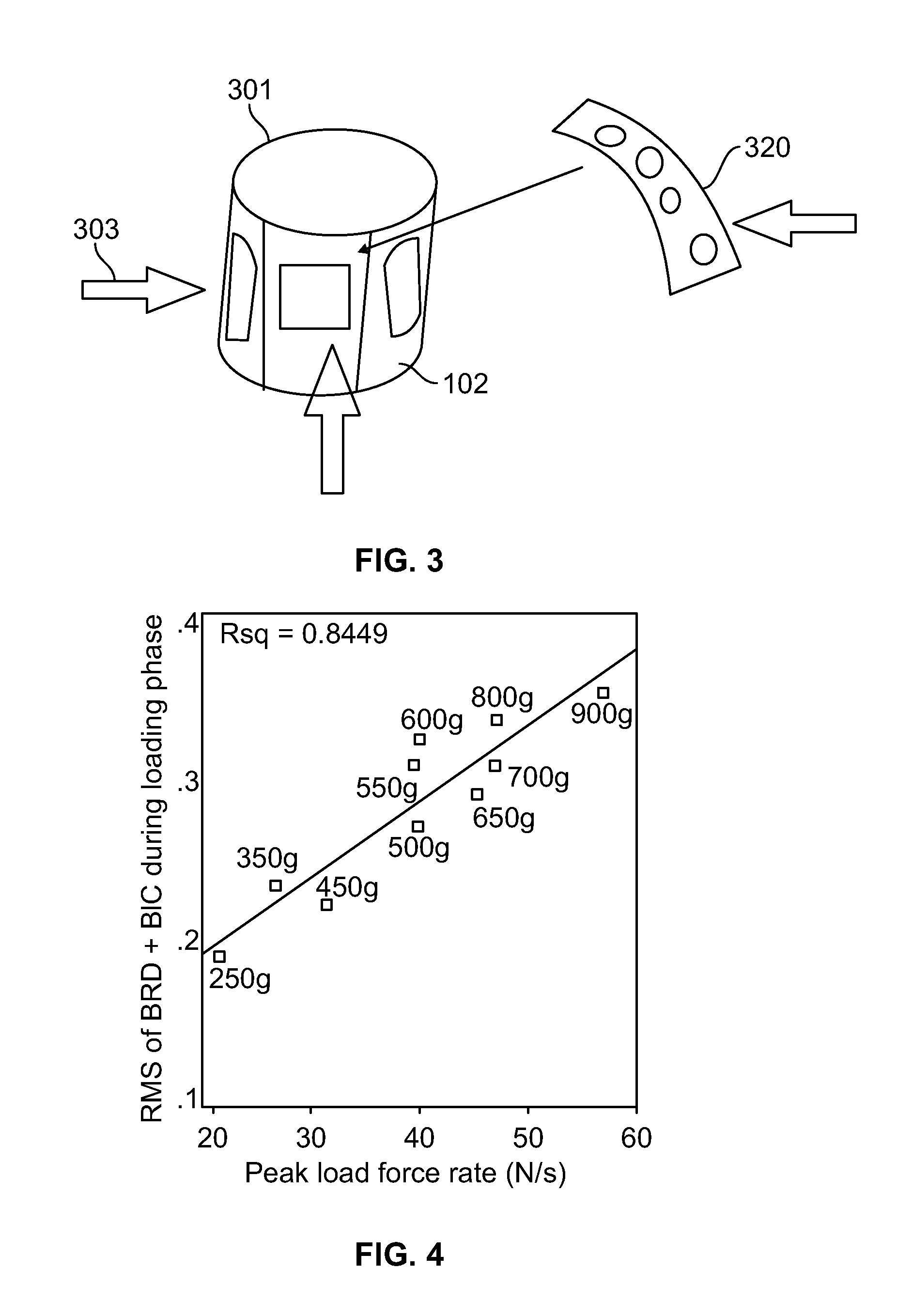Game-based sensorimotor rehabilitator
a sensorimotor and game-based technology, applied in the field of game-based sensorimotor rehabilitation, can solve the problems of inability to access rehabilitation, chronic disability, and difficulty in recovering hand function after neurological injury, etc., and achieve the effect of facilitating the brain, restoring dexterity and functional hand use, and accelerating the improvement of the patien
- Summary
- Abstract
- Description
- Claims
- Application Information
AI Technical Summary
Benefits of technology
Problems solved by technology
Method used
Image
Examples
case 1
[0137 a (for Weight Sensing Assessment):
[0138]The rehabilitator gathers the force data in several dimensions and over a time period, and preprocesses the data to provide a single measure (the peak load force rate, PLFR) which is a measure of learning or the ability to predict the weight of the object to be manipulated even before it is lifted. This data will be collected by the mechatronic device patented earlier this year. Due to inter-trial variability, the patients need to perform multiple trials in order to reliably interpret the data collected. This proposed algorithm will produce a measure that takes into account the between-trial variability under different repeated designs
case 1b (
[0139for Weight Sensing Assessment):
[0140]given a reliable estimation of the PLFR, the clinician will be notified of a single decision based on a precalculated template regarding whether the patient being tested is learning in a HEALTHY manner. The algorithm is based on a rigorous statistical process.
case 1c (
[0141for Weight Sensing Assessment):
[0142]For the decision made in 1 b, this algorithm will also provide a rigorous assessment on the accuracy of the decision, i.e. if the patient is deemed to be healthy, what is the false negative rate associated with this decision? If the patient is deemed to be unhealthy, what is the false positive rate associated with this decision?
PUM
 Login to View More
Login to View More Abstract
Description
Claims
Application Information
 Login to View More
Login to View More - R&D
- Intellectual Property
- Life Sciences
- Materials
- Tech Scout
- Unparalleled Data Quality
- Higher Quality Content
- 60% Fewer Hallucinations
Browse by: Latest US Patents, China's latest patents, Technical Efficacy Thesaurus, Application Domain, Technology Topic, Popular Technical Reports.
© 2025 PatSnap. All rights reserved.Legal|Privacy policy|Modern Slavery Act Transparency Statement|Sitemap|About US| Contact US: help@patsnap.com



